I know, we’re barely halfway through the year, and maybe it’s a bit early to start ranking the best children’s apps but we couldn’t wait because there have been some seriously amazing games of all kinds to come out of the works and it’s about time you knew!
Also, for many of you, summer has arrived and if you need to keep the little monsters entertained, why not do that with fun and educational games?
So here’s the top of the top so far, for kids aged 2 to 12 years old:
The Foos by Codespark- Computer Programming is Child’s Play!
Ages 5 and up.
With really simple and intuitive activities, kids can pick up the basics of programming while having lots of fun!
In this day and age programming has turned into an essential skill. Many academies, clubs and camps have already started teaching it and a lot of important academics are campaigning for coding to be taught in schools. It might become as important as reading and writing for the generational to come. So why not teach those generations about coding now? Their sponge-like brains can absorb it all while having a ball!
Lumikids Park by Lumos Labs – Cognitive Skills for Toddlers
Ages 2 to 6
This stimulating game for toddlers from two years old onwards allows children to explore the interactive Lumikids park while gently practising skills essential to early development, like socio-emotional skills, motor skills and coordination.
Lumikids is part of Lumos Labs, a team of neuroscience and child psychology researchers that have been working on creating a “digital playspace” for Young children.
Part of what makes Lumosity so impressive is its use of in-depth updated research to create its games. Several articles have raised a debate about how many toddlers’ apps are actually educational in any way, especially compared to the amount of educational young children’s apps on the market.
This question is the main reason Learning Analytics has become essential to developers: research and insight before and after making an educational game makes the difference between having an “educational” game and a real educational game.
Worldly by Supergonk – Geography Riddles for Little Explorers
Ages 8 and up.
With its attractive colourful graphics and its varied activities that involve logical thinking as well as geographical knowledge, Wordly takes the geographical quiz game to the next level. The player follows entertaining character Sir Maxwell Worldly on an adventure around the globe and gets challenges of all types like guessing the compared populations of different states, the distances between important cities, recognising countries from their flags or naming countries all over the world within timed limits.
This game doesn’t revolutionise geography teaching but it turns it into a genuinely exciting world full of entertaining knowledge. And for that, I say chapeau!
Pili Pop by Pili Pop – Total English Language Immersion
Ages 3 to 9.
Total immersion into the English language is a bold technique but one that’s worked out for Pili Pop’s English as a Foreign Language Games. All the instructions are in English and children also get to practise their pronunciation.
Parents also get to keep up to date on their children’s progress thanks to a monthly update!
Inventioneers by Filimundus – Creative Engineering
Ages 6 to 12.
Mixing creativity with logic and engineering, this game challenges children to use their inventiveness and problem-solving skills to build different inventions with the everyday objects they’re given and solve fun little situations! Each level won brings the positive reward of a new object for kids to build their own inventions.
With its simple attractive graphics and instructions through pop-up images instead of blunt text, this game guides the children subtly through the game and lets them solve the challenges independently through trial and error.
With every level’s promise of a new quirky conundrum to solve while turning mundane elastic bangs and shoes into into power tools, kids could play this game all day!
Slice Fractions by Ululab – Fractional Adventures!
Ages 8 and up
If only you could have played Ululab’s Slice Fractions!
Slice fractions teaches fractions through a fun adventure game that follows a little mammoth who needs to slice the ice and lava are in his way to keep exploring.
The player must help him slice through them to get those obstacles out of the way. And that’s where the fractions come in.
Slice Fractions follows the Common Core Standard to teach the key concepts of fractions through instinctive visual puzzle games. Instead of alternating fun games and lesson content, as many games end up doing, Slice Fractions turns the lesson into a game activity to teach the concepts with logical visual examples.
ABCine by Meikme – An Alphabet Game with Real Style
Ages 3 to 7
But ABCine comes with an added bonus that will make it THE alphabet-learning game of the year: its irresistible design, attractive with geometric shapes and wonderful tones of colours, includes unique and hilarious illustrations at the end of each activity.
Each letter when traced gives way to whimsical imagined situations from famous film characters characterised by the letter just traced.
Theasaurus by Elk and Key – Vocabulary-Building with a Twist (or a GROWL)
Ages 5 and up
Their latest and only second game, Theasaurus, is a simple and effective vocabulary-building game that combines word-matching activities to learn synonyms with artistic illustrations of crazy little Tyrannosaurus Rex character.
Play Opera by Dada Company – A Mesmerzing Introduction to Opera
Ages 5 to 12
More of an audiovisual experience than a game, DADA Company’s latest is combination of classic opera pieces and beautiful visuals that will fascinate children while educating them about some of classical music’s most important works.
Each out of the 5 pieces of opera is combined with illustrations, drawn by a different illustrator in his or her own distinctive style. Puccini’s Turandot, for example, is paired with Pablo Auladell’s oriental dark-toned illustrations.
This distinctive style of illustration for each piece that communicates the atmosphere of the piece to the child so that they can experience and interpret themselves what the music is about.
Simple Machines by Tiny Bop – Hands-On Physics in Fun Contexts
Ages 6 to 8
You might think teaching physics to 6 year olds, and making it fun, is an impossible task but as you can guess from its name Simple Machine did it by keeping it simple. The app design is clean and colourful design and its intuitive features attract children’s attention and curiosity.
The game’s learning through acting style of “physics at work” already got a rave reviews. With Tiny Bop’s activities kids experiment with simple tools to break giant icebergs or spin unicycle wheels and through action they understand principles of physics like actions and reactions, inputs and outputs, or force and motion.

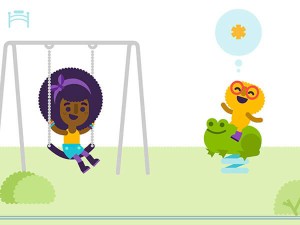
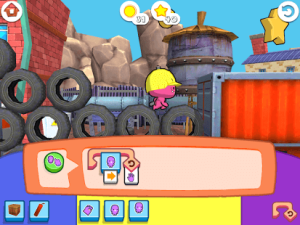
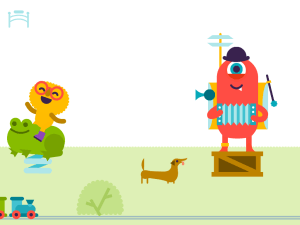
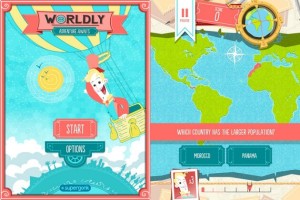
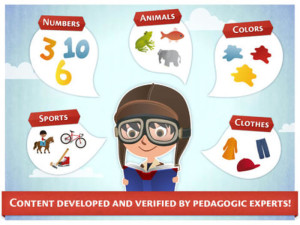
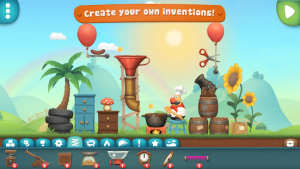
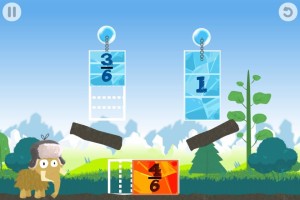
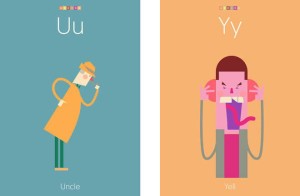
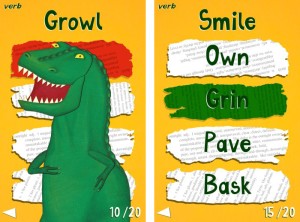

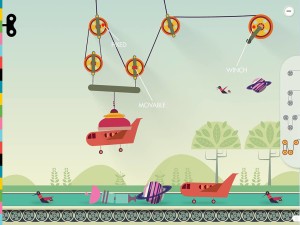


Leave a Comment